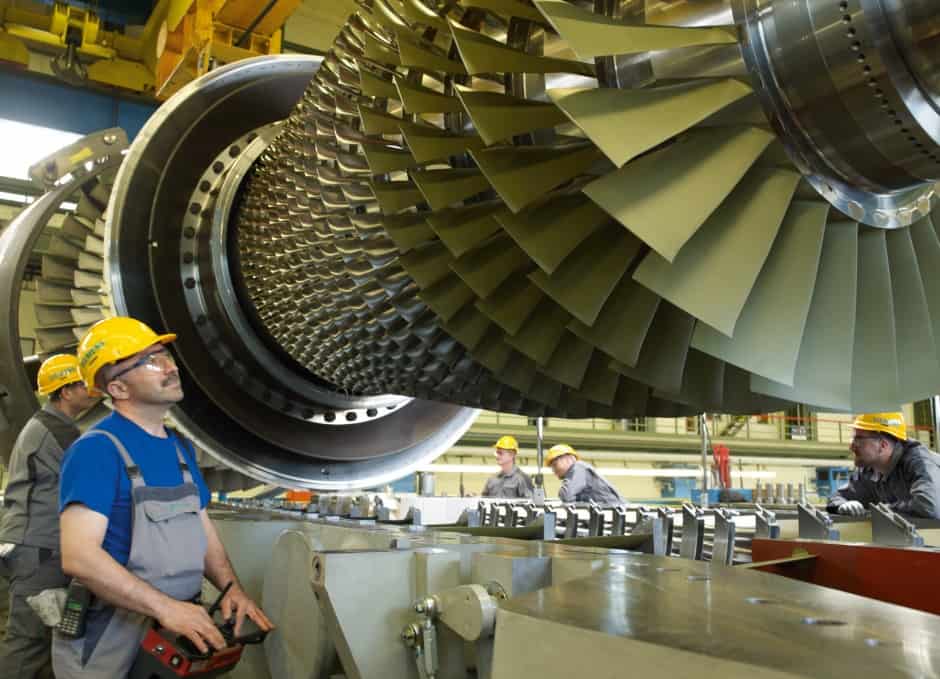
The EVES (Evolutionary Virtual Expert System) project will see the design and development of an automated fault diagnostic system integrated into an industrial data platform which is expected to assist engineers by speeding up communication responses and feedback of incoming site data.
The system is being created by researchers at the University of Lincoln in partnership with Siemens Industrial Turbomachinery, thanks to a First Investigator Award of almost £100,000 from EPSRC.
Using data provided by Siemens, the team at Lincoln will develop a software solution to detect failures in gas turbines with a combination of expert systems which have the ability to acquire experience, and other artificial intelligence techniques.
The systems will begin as ‘virtual apprentices’ who will be trained by human engineers through coaching, examining and refining processes until they are ready to be promoted to the ‘virtual experts’.
The virtual experts will ‘learn’ to make sound judgements, integrating the strengths of precision, learning ability, adaptability and knowledge sharing with other systems.
Project leader Dr Yu Zhang from the University’s School of Engineering specialises in intelligent industrial systems.
Dr Zhang said: “There are many well-known fault diagnostic systems in the field, but often they operate at a less practical level and work more individually.
“This project represents a first attempt at delivering an integrated automated fault diagnostic system for industrial applications using information extracted from all available algorithms and models of the mechanical system, together with critiques from human engineers.”
While this project looks specifically at faults in the gas turbines, it is hoped the technology could be applied more widely to all fault diagnostic systems, including those found in power plants, military weapons, the health service, and natural disaster monitoring.
When the project is complete the virtual experts will be able to provide critical support for human engineers and, with further development, could go on to act as trainers for younger workers entering the profession.
The 12-month project begins in September 2018.











Radio wave weapon knocks out drone swarms
I hope they have assessed how easy it is to shield a drone against the attack. Hopefully the shielding would add too much weight.